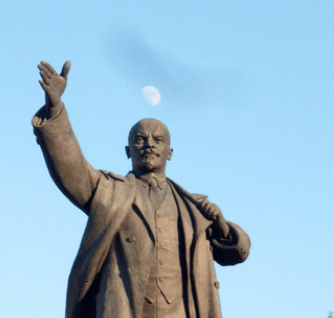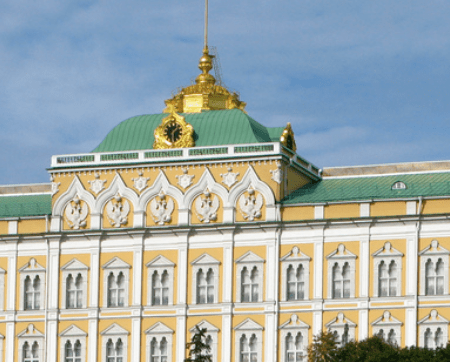(EDM) Late February not only marks a momentous anniversary in Russia’s long and difficult history, but also solemnizes a tragic event from its much more recent past. One hundred years ago (March 8, 1917, but February 23 on the Julian Calendar, still used by the Russian Empire), a peaceful revolution dethroned the Romanov monarchy, opening for Russia an opportunity to emerge out of the catastrophe of World War I as a democratic state. Public enthusiasm, however, evaporated quickly: the Provisional government lost control over the crumbling state, setting the stage for the Bolshevik coup in late October (Nezavisimaya Gazeta, February 20). And two years ago (February 27, 2015), Boris Nemtsov, perhaps the most appealing and daring of the leaders of Russia’s democratic opposition, was gunned down on a bridge over the Moskva River, steps from the walls of Kremlin. The authorities granted the intrepid opposition permission to stage a march on Sunday in downtown Moscow, toward the “Nemtsov bridge.” Clearly, the Kremlin considers these groups too marginalized to interfere with the master-plan for re-electing Vladimir Putin for yet another presidential term a year from now (Moscow Echo, February 24).
The investigation into the Nemtsov murder keeps going through the motions, so officials apparently see no need to comment on this political assassination—one of the latest in a long list, including Anna Politkovskya, Galina Starovoitova, Sergei Yushenkov and many more (Kommersant, February 21). More surprising, given today’s massive propaganda glorification of Russian history, is the authorities’ complete inability to provide a coherent interpretation of the February Revolution. Official discourse cannot overcome the Kremlin’s fear of revolutions or acknowledge that, throughout history, autocratic regimes responsible for setting their states on the trajectory of degradation and decay were, at times, ousted by public discontent (Gazeta.ru, February 21). The current ruling regime in Moscow has had an even more difficult time reflecting on the old lesson about the unreliability of the army and police during chaotic domestic crises—regardless of how much supreme attention was granted to keeping the privileged siloviki (security services personnel) well paid and loyal (Republic.ru, February 22). […]
Read More © Eurasia Daily Monitor











